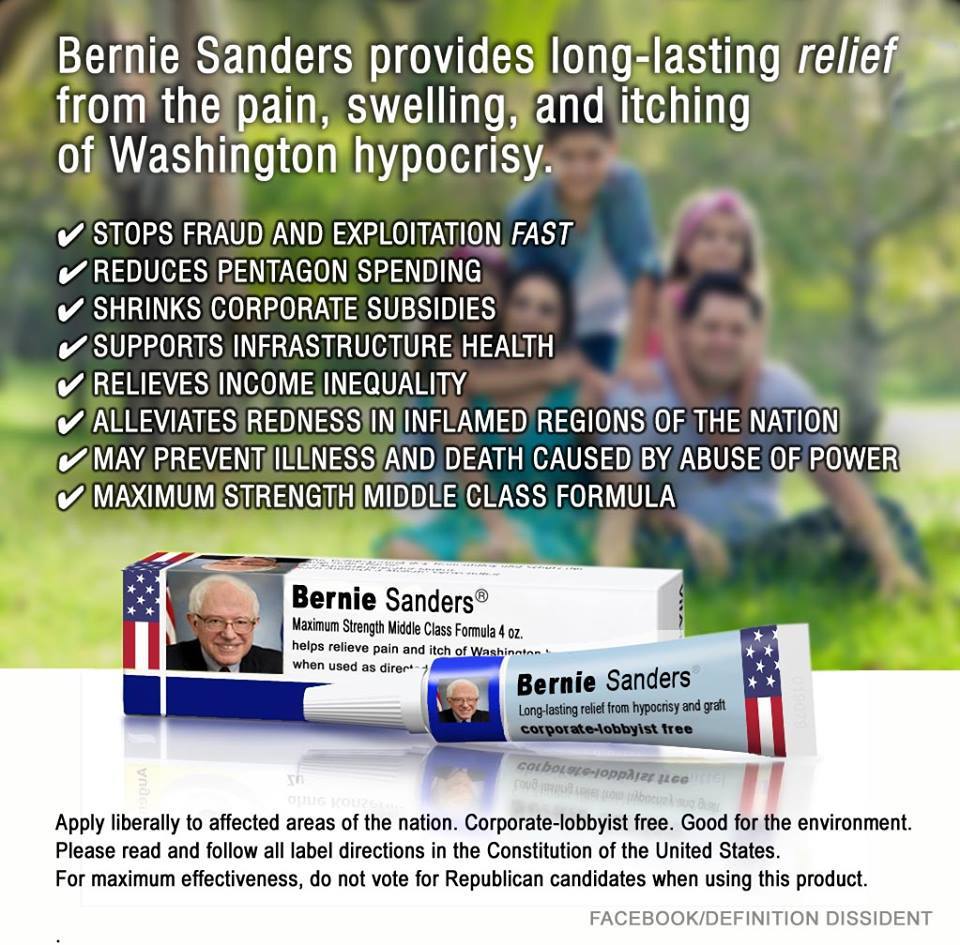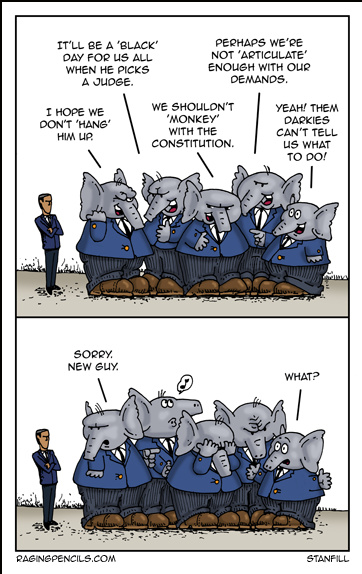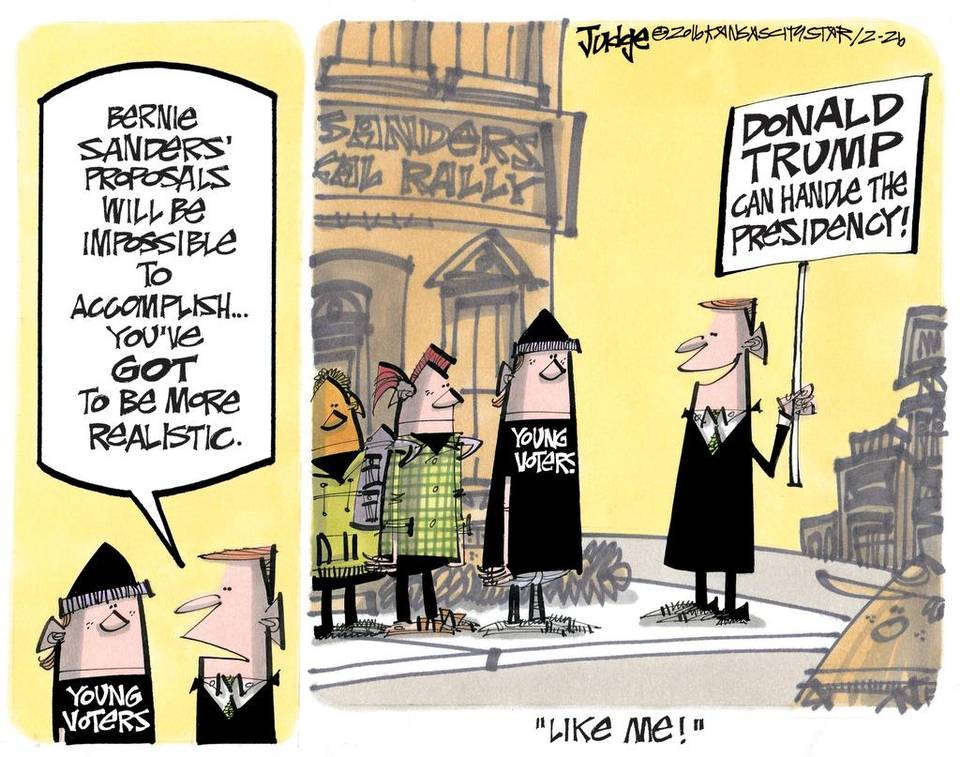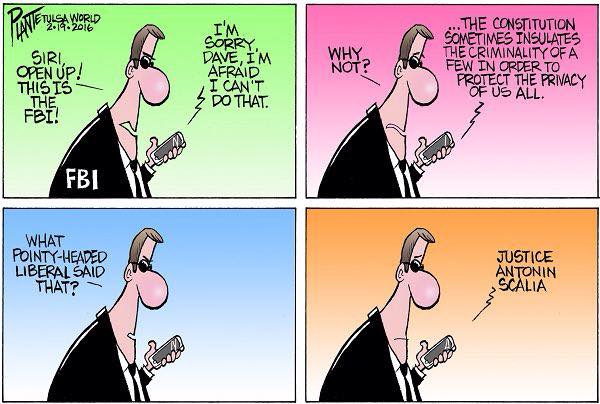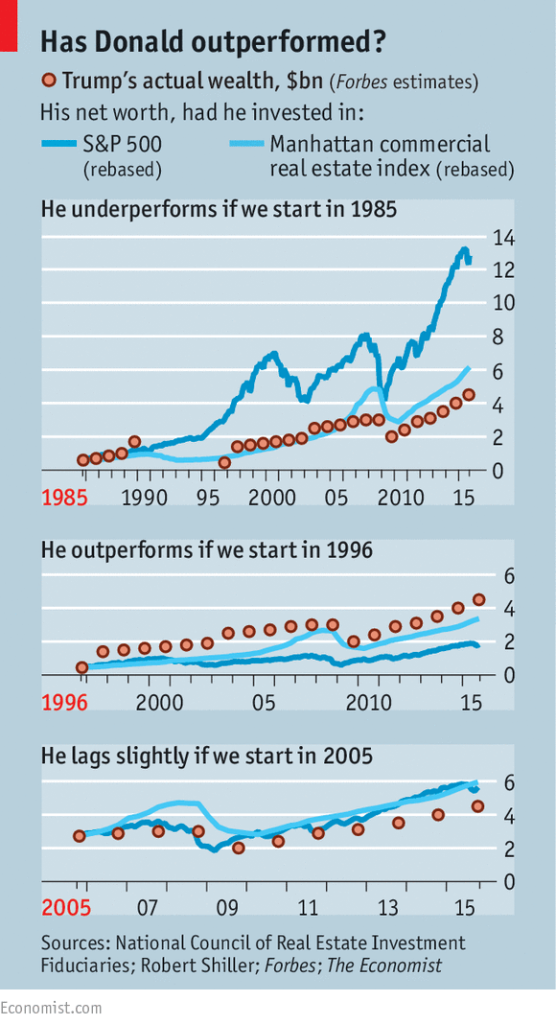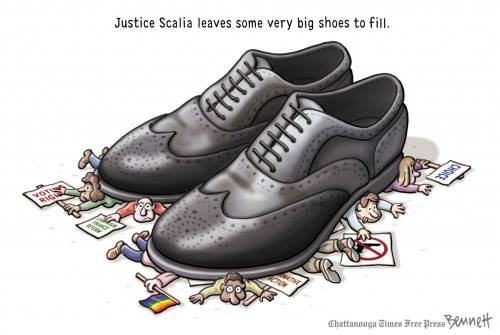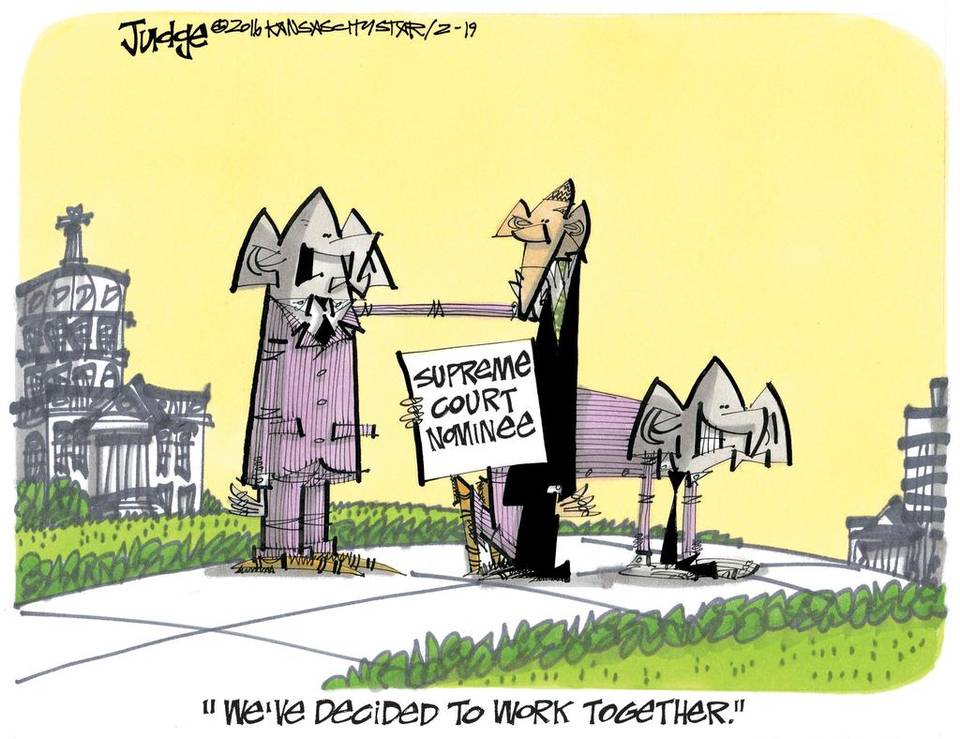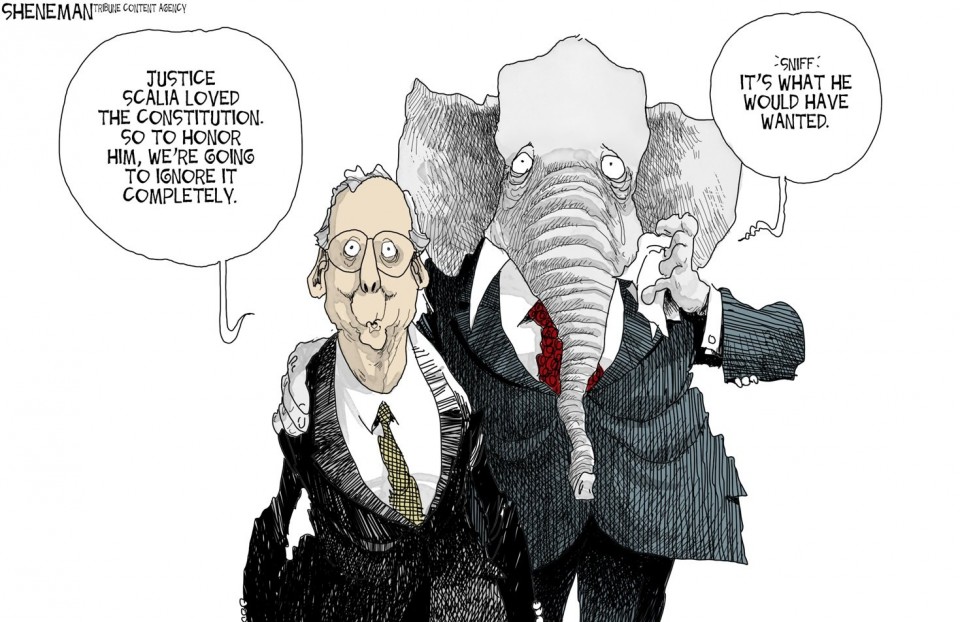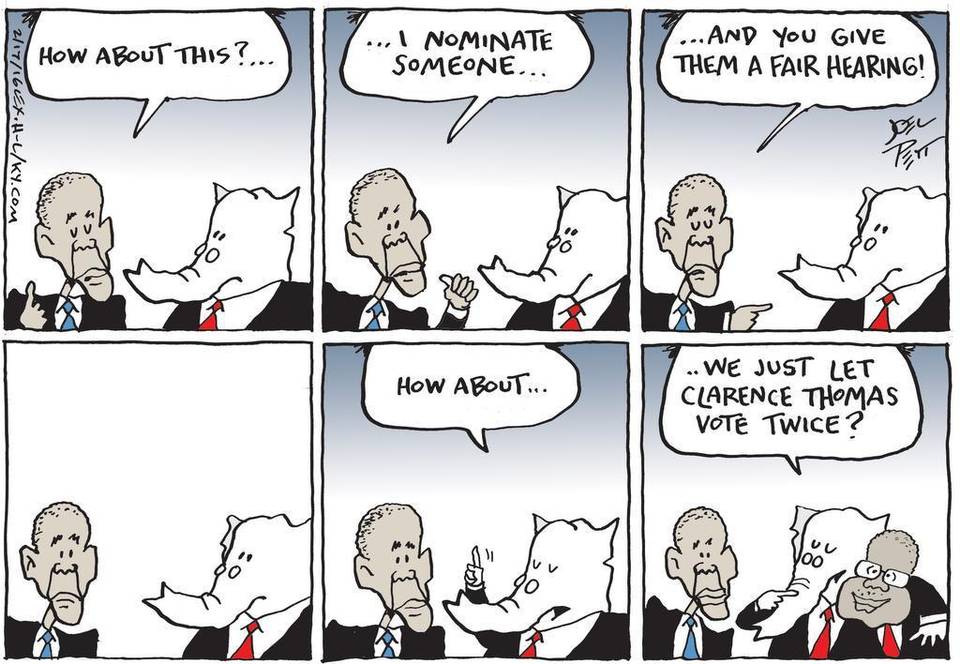(There will be no further blogging until Tuesday 3/8, as Wrongo and Ms. Right make their way back to the World Headquarters of Wrong)
Republicans had a debate on Thursday night at which the size of The Donald’s penis was at least as important subject for discussion as domestic and foreign policy.
Here is the New York Times reporting on it:
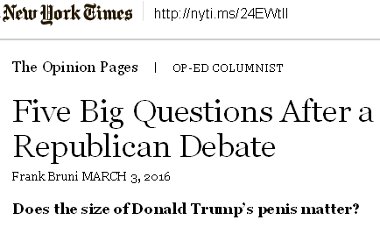
Bruni concluded:
So, yes, the size of Trump’s penis matters or, rather, what matters is that it was an actual subject of discussion; that it reflected and set the tone of the encounter; and that this tone favors Trump, because it’s where he lives, it’s his kingdom, and if rivals join him there, they merely become his subjects.
Another proud electoral moment, America! This election cycle is showing the US for what it actually is: racist, exclusive, elitist, white centric, abusive, militaristic, and hopelessly uneducated/uninformed. If this is the level of discourse, there is no possibility that we can maintain any form of democracy at all.
What are these debates for anymore?
This was a nationally televised GOP debate from Detroit. It didn’t get to the Flint water crisis until just before closing statements, when Rubio made the point that the really terrible thing about Flint’s water disaster is the fact that Democrats politicized it. Cruz said that Detroit was decimated by 60 years of left-wing politics, but when asked what he would do to improve Detroit’s economy, Cruz says repeal Obamacare, pull back the EPA, and pass the Cruz tax plan.
But enough about the issues. Let Wrongo take you back 56 years to the Nixon/ Kennedy debates in 1960. The Moderator asks Kennedy about ‘something Harry Truman said”. Kennedy responds:
I believe that issue is something for Mrs. Truman.
Then the moderator (possibly Howard K. Smith) asks Nixon what he thinks. Nixon launched into a minutes-long soliloquy about The Dignity of the Office and how profanity violates it. See the exchange here:
That’s a riot coming from Nixon, whose tapes had to be bleeped every few seconds! For those who read the Wrongologist in email, you can view the video here.
So, 56 years ago, after a former president said: “Go to Hell”, we had a national scandal. But, today, the Republican front-runner can discuss the size of his penis on national television without being booed offstage in disgrace.
Today it isn’t behind the scenes foul mouth invective as practiced prominently by Nixon, and probably every other president, that is the issue. It is vulgarity on stage in front of the cameras, the stupid schoolyard taunts on Twitter. Rubio, Cruz, Christie and Trump can no longer speak like civilized adults.
Imagine, if one of them is elected. There will be an endless stream of cringe-worthy moments for your viewing pleasure.
Maybe the Dems will remember Kennedy’s 1960 line this fall. Perhaps they could modify it a little, and say:
I believe that issue is something for the current Mrs. Trump
That might sting a bit.

